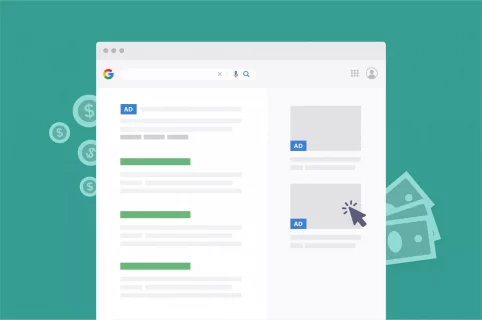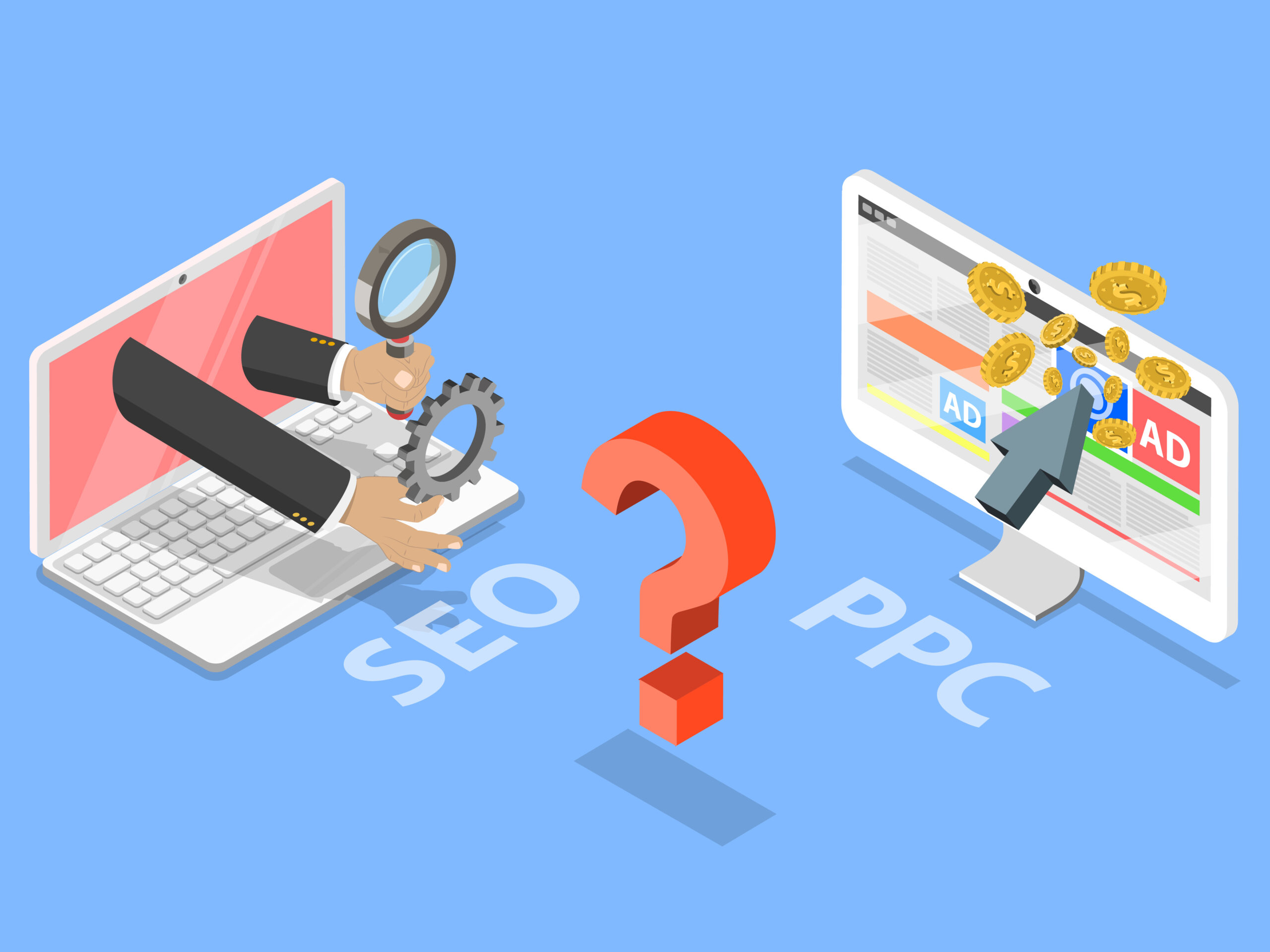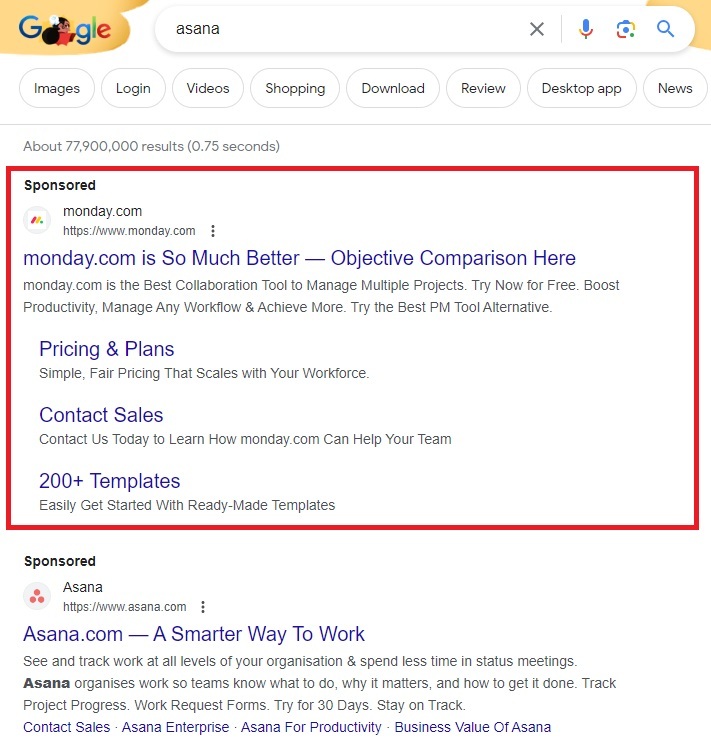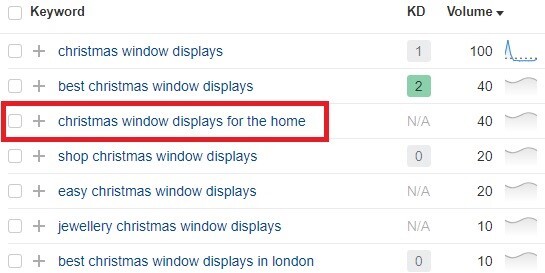
4 mins
OpenWhat is the difference between PPC and CPC?
10 mins
30th January 2024

Search marketing offers countless tools under its broad remit. But whether you’re launching a new business from scratch, kickstarting a marketing campaign, or overhauling your existing strategy, there are two pillars in particular that you’ll need to get familiar with — namely, SEO and PPC.
You might have heard the more dedicated marketers in your office debating paid vs organic search around the water cooler, but when it comes down to the wire, which is better: SEO or PPC?
The answer is complicated — and we’re actually rather fond of both.
Each field has its own advantages and disadvantages and will be best-suited to businesses in different niches and at different stages of their website lifecycle. However, they do share the same objectives — to gain visibility, traffic, and revenue from search.
Here, we’ll discuss what the difference between SEO and PPC is, and how they can complement one another to bolster your overall search strategy.
SEO refers to Search Engine Optimisation, the set of practices used to make a website more visible on search engines like Google and Bing, with the goal of increasing non-paid search traffic towards the site. Some common SEO techniques include:
Specifically, SEO aims to get websites ranking in organic search results — those links a bit further down the search results page after the paid results labelled as ‘sponsored’.

Generally speaking, SEO involves playing the long game — it’s not an overnight fix, takes time to build, and tends to yield the most significant results after a considerable amount of time and work has been invested.
For this reason, many websites look to attract their early traffic through paid search, which is responsible for the sponsored links that appear above organic results.
SEO’s biggest advocates — and we’re including ourselves in that demographic — will tell you that it’s a marathon, not a sprint. But to the business willing to invest a little time, SEO offers countless advantages. Let’s take a look at some of the top benefits you can expect.
Reliable traffic makes SEO an ideal strategy for businesses seeking cost-effective, enduring growth. Ongoing efforts in SEO will not only improve your website’s search engine rankings but also ensure that it attracts more visitors over time. This makes SEO a highly efficient, consistent source of potential customers, clients, and loyal brand advocates.
Whether they make searches with informational or transactional intent, most of your audience wants to find the most reputable, trustworthy sources to engage with. By earning higher organic rankings, SEO builds credibility among discerning users — especially those who make the distinction between paid and organic results. When your brand consistently appears atop organic search rankings, it enhances your authority and makes searchers more likely to engage with your content, recognise your brand name, or make a purchase.
Once high rankings have been achieved, there are no direct ‘click costs’ associated with SEO, unlike forms of paid search. While businesses often invest in SEO efforts to maintain and improve their organic rankings, they do not incur a direct cost based on each click or any other metric, making it a budget-friendly and sustainable long-term strategy.
SEO incentivises the production of high-quality, informative content that helps establish your brand as an authority in its field. When on-site articles, whitepapers and infographics provide visitors with valuable information, you build brand recognition and trust. Then, once users are ready to make purchasing decisions, they’re likely to turn to you as the source of helpful information over another brand.
For all of its advantages, there are some potential drawbacks to SEO that need to be weighed against its benefits. Here’s what you need to know.
SEO is many things — but a ‘quick fix’ it is not. Achieving significant improvements in search rankings can take several months of work on research, strategy, content production, and adjustments to a website’s technical health. It takes ongoing optimisation and monitoring to see results from SEO and build upon these gains over time.
Those ever-elusive changes to search engine algorithms present a challenge to SEO efforts, particularly for businesses sensitive to ranking fluctuations. As a result, SEO is no job for the marketing layman, and demands a keyboard-ready finger on the pulse of every coming digital trend. It’s one thing to follow all the advancements across AI, web3 and social media, but it’s another matter altogether to keep track of each back-end change Google makes.
However, with the right strategy, a proactive approach, and the assistance of a dedicated SEO agency, it’s certainly possible to keep track of the moving goalposts.
In comparison to paid search strategies, SEO asks you to give up a little more control. While you can influence your search rankings through tried-and-tested methods, you have less direct influence over the precise position of your website on the results page. Ultimately, this is determined by search engine algorithms and various external factors rather than just how much marketing budget you can pour into your campaign.
Much to the bemusement of SEOs who swear they’ve cracked the code, search performance is not a constant. To stay atop the fluctuating rankings, you need to closely follow new developments in the search landscape and a broad range of determining factors, including algorithm changes, competition, and market dynamics. This variability can make it challenging to maintain consistent, predictable results — which requires ongoing optimisation and adaptation as new developments emerge.
SEO is an ideal marketing strategy for any business looking to achieve higher levels of visibility and gain a competitive edge. But when should you choose SEO over PPC? Well, it might prove especially helpful for:
So, now you know what SEO entails, let’s look at the difference between SEO and PPC.
PPC refers to Pay-Per-Click, a ‘paid search’ model of marketing where businesses pay to have their ads placed on search engine pages, social media sites, and other ad networks. They are charged a fee each time a user clicks on their ad. To encourage users to do so, paid ads typically appear above organic listings.

PPC is used to drive increased search visibility and higher web traffic to a target’s site through upfront payment. This means businesses technically don’t have to earn their visitors through organic methods, like SEO. Common destinations for PPC ad placements include:
Paid ads can target almost any keyword — even your competitor’s name brand, so long as you pay the right amount. That’s why you’ll often see alternative vendors listed even when you’re looking for a specific seller.
For example, when we ran a search for the project collaboration suite Asana, we were met with a paid ad for both the product itself and one of its top competitors — monday.com — complete with an intelligently-targeted title in its metadata.

Paid ads can go live as quickly as you put together your campaign — and unlike SEO, they have the potential to yield results immediately.
So, is quicker always better? Let’s take a look at some of the top benefits that PPC could offer your business.
Plenty of businesses opt for PPC advertising as their first search marketing port of call. When launching a PPC campaign, many enterprises experience a rapid increase in website traffic, with ads targeting users who are actively searching for related products and services. This generates quick, easily measurable results.
PPC allows businesses the flexibility to set and restrict their budgets, as well as choose when, where, and to whom ads will appear. This level of granular targeting supports comprehensive campaign management, providing a level of control that organic methods can’t always replicate. This makes PPC well-suited for targeting individual keywords, demographics, and geographic locations.
With its rapid implementation capabilities and opportunities for measurable, detailed performance metrics, PPC is the ideal tool for experimenting with new products, services, or ad copy. Advertisers can launch campaigns, assess their performance, and make adjustments that are informed by the data they get back in return. This allows you to gauge what resonates with your users and optimise your strategy accordingly.
If there’s one thing a marketer likes, it’s a straightforward way to gauge the performance of one of their strategies. With access to precise metrics and data, businesses can monitor PPC campaign performance in real time, with visibility on return on investment and the ability to inform decision making for higher returns.
If you’re considering a PPC strategy, there are some disadvantages to be aware of compared to organic search methods. Here’s what you need to know:
PPC success quite literally comes at a price. For each click earned, you’ll be paying out costs that can quickly add up, especially when competing for in-demand keywords that come with high bid prices. This poses a challenge for businesses with limited budgets, making it necessary to carefully manage and optimise campaigns for cost effectiveness.
Seeing the same ads over and over again? Just out of sheer spite, these might end up being the last ones you click. Ad fatigue is what happens when users become desensitised to constantly seeing the same adverts, leading to a decline in click-through rates and conversions. In these instances, you need to strategically realign your PPC efforts and diversify the ads you show to maintain user engagement.
Bidding for paid ads can turn into a costly endeavour when there’s a lot of competition for a particular keyword or ad placement. This results in a higher cost per click — and even if your business wins the bid, you’ll need to carefully monitor the cost effectiveness of the campaign.
Unlike SEO, PPC provides more transient benefits. When you pause or reduce your campaign, any gains in website traffic and leads tend to dry up. This could make PPC a less suitable long-term tactic for growth, underscoring the importance of a well-rounded marketing strategy that invites both long and short-term gains.
PPC is an excellent choice for businesses looking to generate short-term boosts to their visibility and traffic. The following ventures stand to benefit the most:
So, what is the relationship between SEO and PPC? And which is better?
In our experience, we’ve found that the choice between the two strategies is rarely a one-size-fits-all approach. In fact, if you’re looking to see the best returns, then there ideally shouldn’t be a choice at all.
Instead, the perfect search marketing solution involves a combination of both SEO and PPC — not SEO vs PPC. You’ll want to combine the two into a hybrid approach where one method picks up the slack that the other drops. Here are some of our top recommendations for integrating SEO and PPC.
For new websites, it’s wise to plant the seed for long-term organic visibility with SEO. Over time, this will pay dividends by driving cost-effective traffic and building credibility.
Then, if your budget allows, you can kick start some rapid growth using PPC. This will drive immediate traffic to your domain and support you in experimenting with the keywords, ad content and landing pages that you want to direct visitors towards.
One method is to implement PPC ads that promote your existing SEO content. If you’re going to put together a piece of content and meticulously pore over each minute detail, you’d probably quite like readers to find and take value from it (plus, this will help it rank).
So, once you’ve produced a quality guide, blog post, or whitepaper that meets the guidelines for E-E-A-T (Experience, Expertise, Authoritativeness, and Trustworthiness), you can promote it to a targeted audience with PPC — let’s say with a social media ad. This will help to get eyes on your content and build traffic and authority early on.
One of the first challenges you’ll face in an SEO campaign is finding relevant keywords. Though many tools can give you important details like the search volume of a particular phrase, the best source for this data is the search engine you want to gain visibility with. Google, for example, shares this kind of detailed data with users of Google AdWords.
AdWords gives comprehensive insights into the conversion and click-through rates of the keywords you choose for a PPC campaign. This way, you can determine which keywords have the highest conversion rates and apply them to your SEO strategy too.
If you do use AdWords to test keywords for your SEO campaign, you’ll notice that Google provides a brilliant feature which shows a list of all queries users have searched before clicking on your ad. This is a great opportunity for you to discover new keywords — especially the long-tail kind that you might have never thought of — with a greater level of precision than many keyword tools offer.
To secure those valuable paid clicks, you have to create ads. But how do you make them good? Thankfully, Google AdWords lets you generate multiple ads targeting the same keywords so that you can carry out A/B testing — every marketer’s favourite pastime.
This way, you can see what ad copy gets your audience clicking, comparing the data and refining your ad copy until you pinpoint the most effective text.
You can then incorporate the high-performing ad copy into your website’s page metadata to curry favour with search engines.
Keyword research is a fundamental pillar of any successful SEO campaign. As well as showing you the terms and phrases you need to track, it will also uncover those that aren’t relevant, so you know which keywords to avoid spending PPC budget on.
Take a look at the example below. Here, the aim of the client’s PPC campaign was to attract big-brand stores to use their Christmas window display design services.

Preliminary keyword research told them that ‘Christmas window displays for the home’ was a popular search term. However, the client didn’t want to include ‘home’ in their PPC keyword lists, as users who search for these terms are not falling into their desired audience.
As a result, any click earned from this type of ad would have probably been a waste of money. So, the client knew that they could mark these irrelevant keywords as negative in their PPC campaign. This prevented them from spending any valuable budget on wasted clicks, leaving money left over for more relevant terms.
Integration of SEO and PPC management enables you to maximise the visibility of both paid and organic results. By aligning the two, you can dominate the paid and organic listings of a single search results page, giving the impression of being an authority within your niche and leveraging one strategy to inform the other. This will maximise traffic to your site and increase conversions.
Essentially, the debate isn’t SEO vs PPC. These valuable fields of search marketing are actually two sides of the same coin, with the joint objective of securing higher visibility and driving traffic to your site. Combining the two forces will help your overall search performance and should be encouraged.
But your final decision to pursue SEO, PPC, or both, will depend on your business goals, budget, and the competitive landscape you’re operating in. Whether you lean more towards the organic, gradual growth of SEO or the instant results of PPC, both strategies have a role to play in your digital marketing toolbox.
To learn more about how you could transform your business with SEO and PPC management, take a browse of some of our client success stories. Or, book a chat with a member of the Go Up team to talk through your marketing ambitions today.